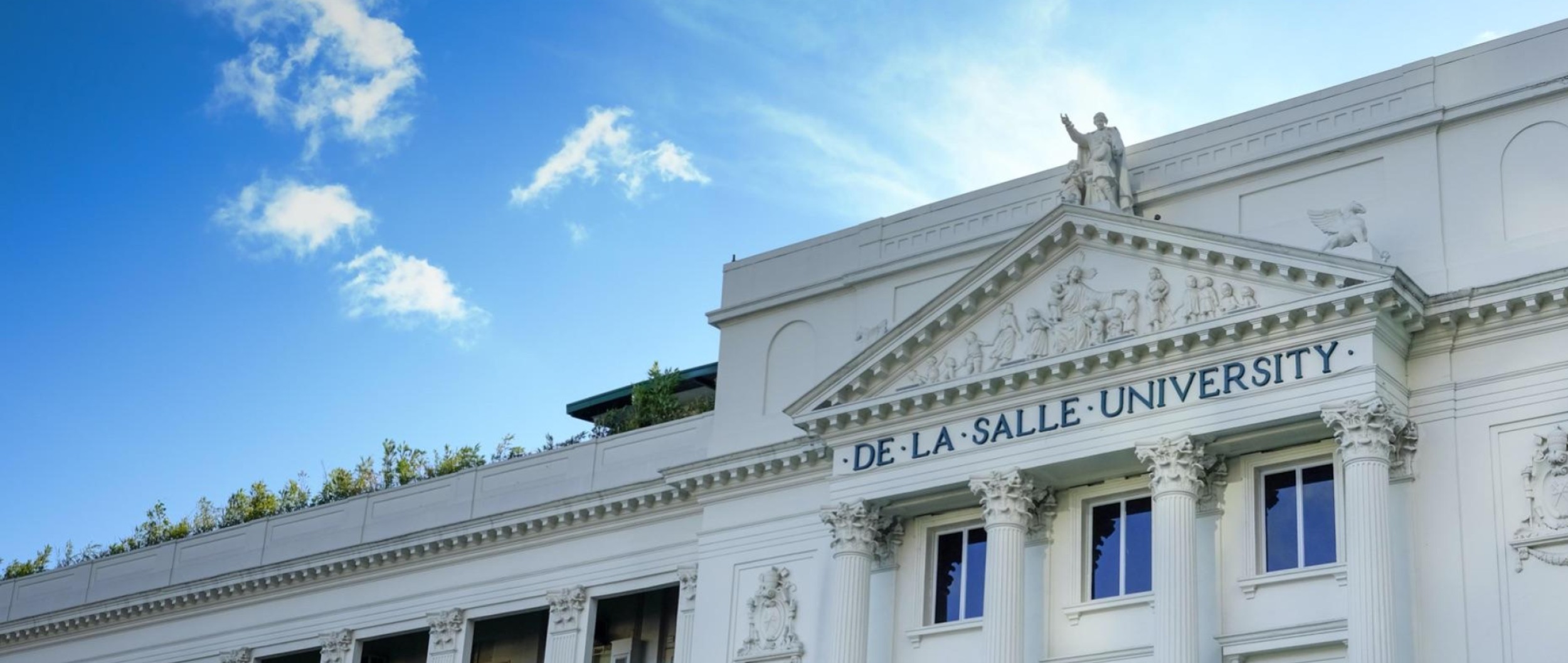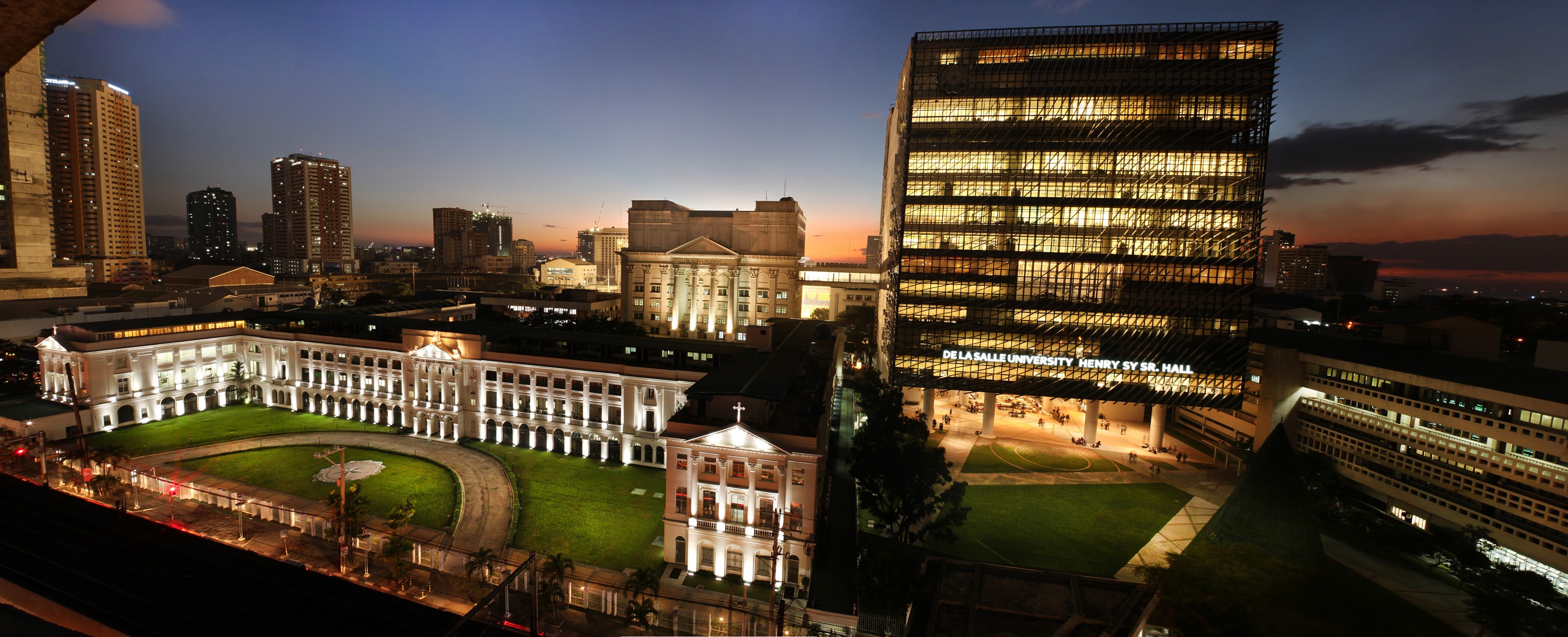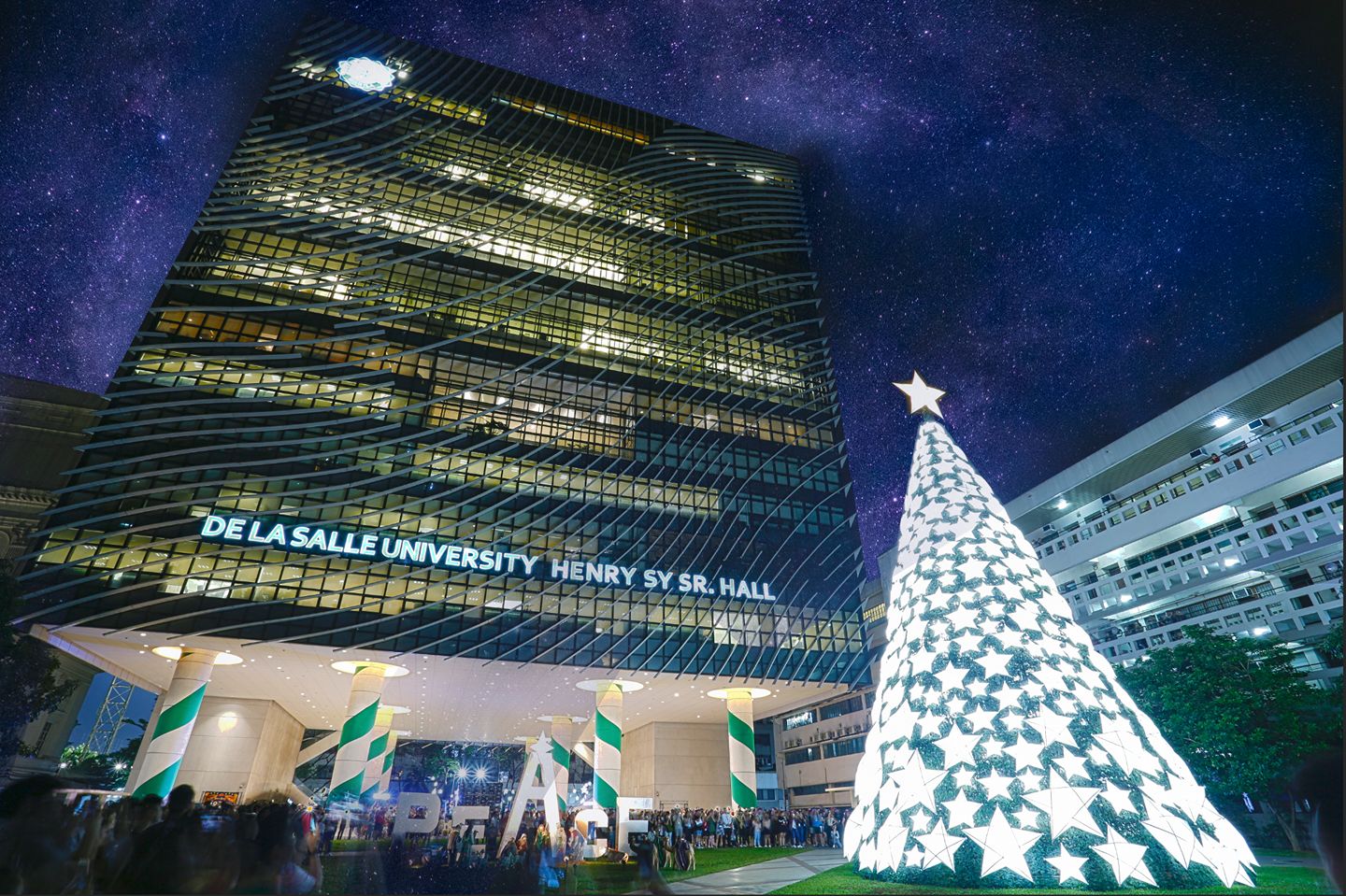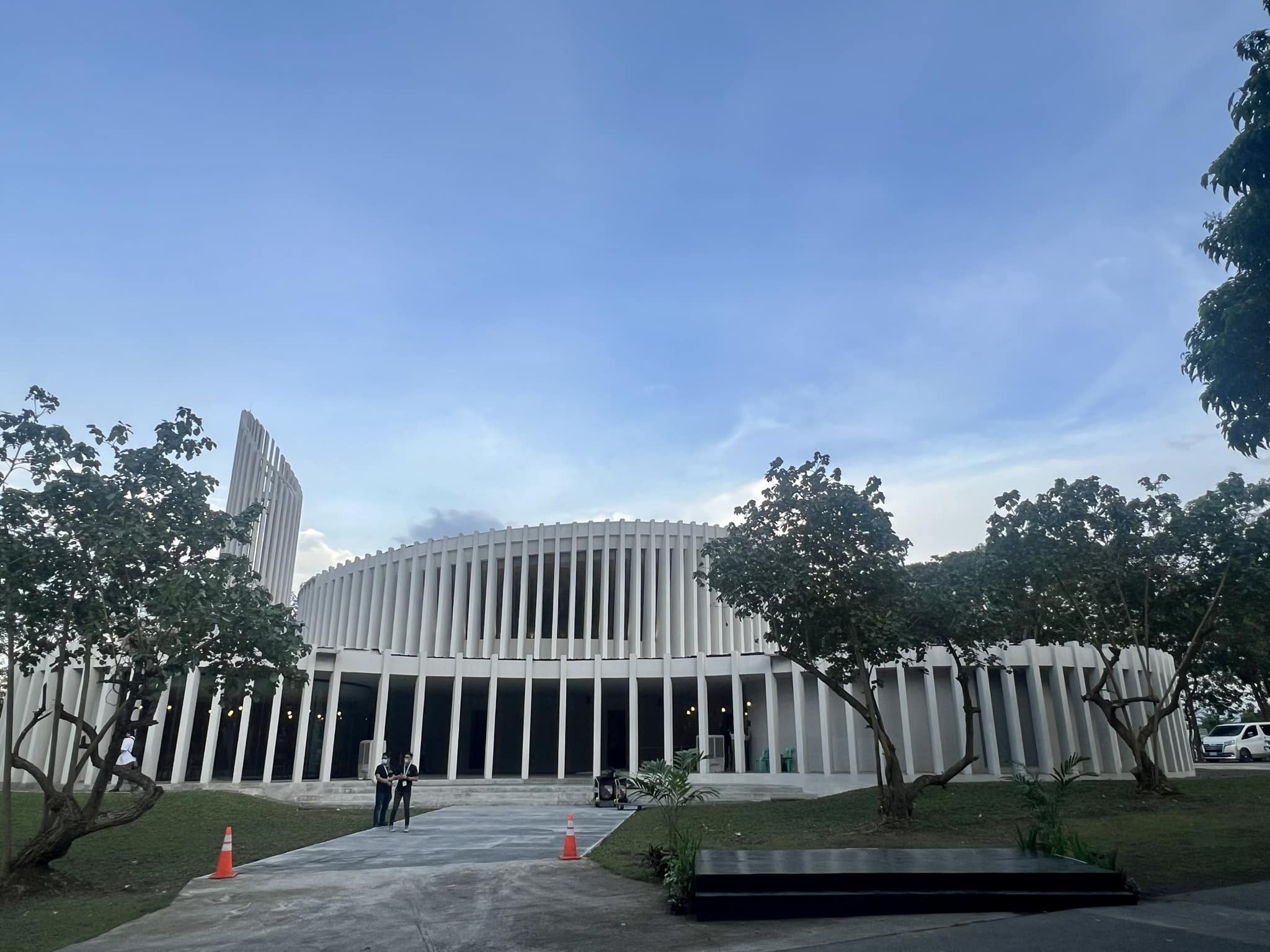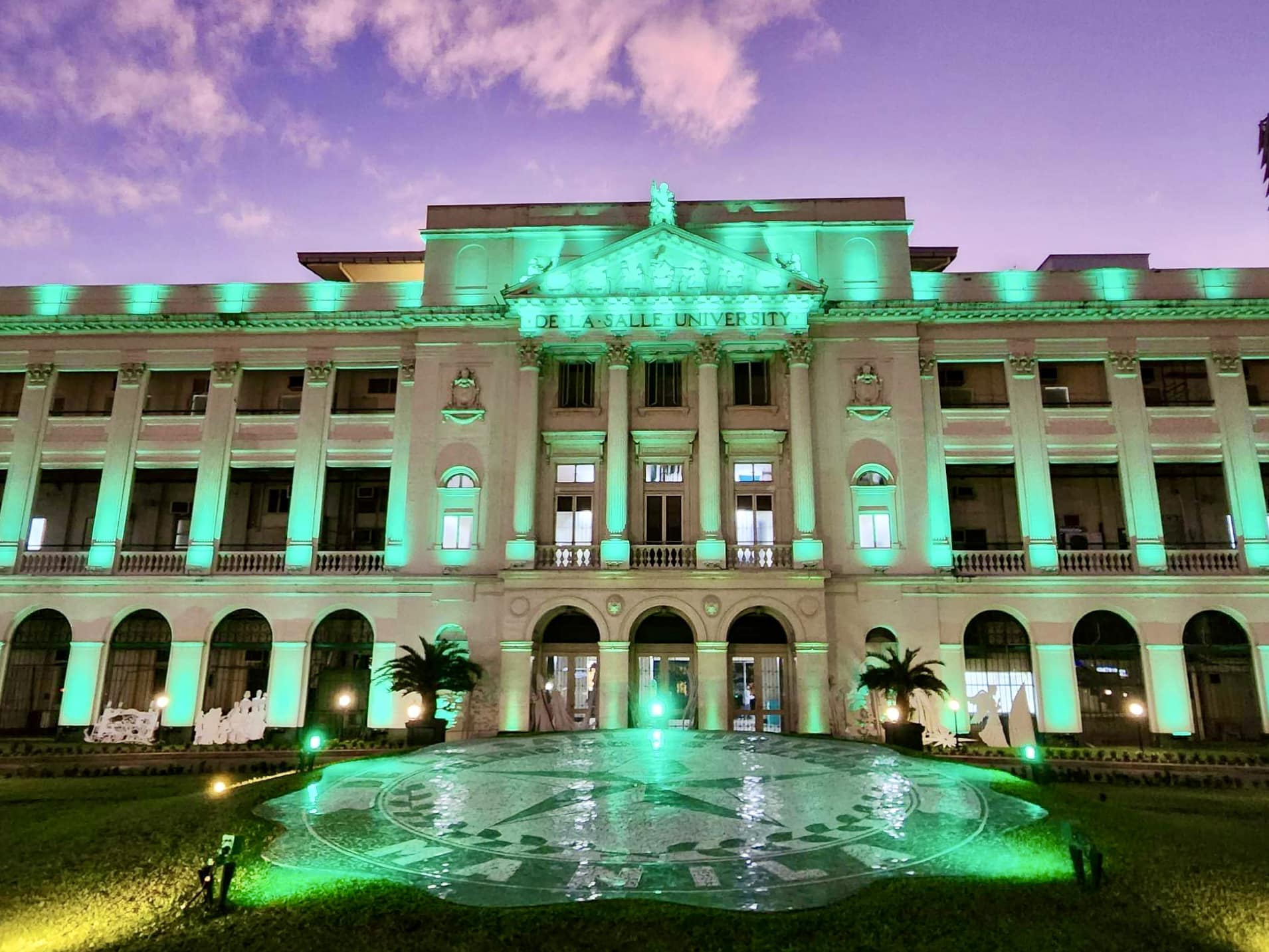Program Overview:
The Master in Sociology is a straight-course non-thesis graduate program The aim of this program is to produce independent scholars who can do research teach or serve in a variety of settings The program offers a comprehensive training in the knowledge and skills which constitute professional competence in the field to develop skillful social scientists and teachers and to prepare people for research careers in a wide range of organizations (governmental voluntary business ecclesiastical and social service)
Program Learning Outcomes (LO):
PO1- Explain classical and contemporary sociological theories and quantitative and qualitative sociological research methods
PO2- Demonstrate thorough knowledge of sociological issues in development and social change education population organizational behavior society culture and the environment and program development
PO3- Identify and analyze research findings in the areas of urban-rural sociology poverty peace conflict and terrorism work and organization and the environment using sociological perspectives and methods
PO4- Assess the status of theorizing research and applied work in the fields of gender and sexuality health and illness community organization social problems and marriage and the family
PO5- Develop final papers or other capstone projects that would incorporate comprehensive training and professional competence in social science
Admission requirements
To enter the Master in Sociology program the applicant must have her/his last degree earned in Sociology or related disciplines; satisfactory pass the admission test for Graduate School; have a cumulative grade point average of 20/B or its equivalent; satisfactory pass a panel interview; submit a resume and a statement of purpose providing a rationale for the proposed program of study; and fulfill all other admission requirements of DLSU Graduate Admissions Office
Total number of units required: 33/39 units
With AB Sociology: 30 academic units and 3 units capstone project
Without AB Sociology: 36 academic units and 3 units capstone project
Duration: Students enrolled in the Program should complete the academic requirements within five (5) to complete all the coursework
The student must pass the written comprehensive examinations to graduate
The student must submit an approved capstone project The capstone project for NTMSOCI students is a publishable critical analysis paper of a chosen topic approved by three readers (full time faculty from Department of Sociology and Behavioral Sciences)
Program Checklist/ Flowchart
With BA Sociology (33 units)
*Required to take 9 units per term for the first two terms and 12 units during the third term
School Year/ Term
Course
Code
Course Description Type Units
Year One
1st Term
ABS587M Development of Sociological Theory Core 3
ABS588M Social Research Methods 1 Core 3
ABS594M Sociology of Education
Elective/
Cognate
3
2nd Term ABS591M Contemporary Sociological Theories Core 3
ABS599M Social Research Methods 2 (ABS526M) Core 3
ABS590M Society and Population
Elective/
Cognate
3
3rd Term ABS595M Organizational Behavior and Change
Elective/
Cognate
3
ABS596M Program Development Management and Evaluation (ABS815M)
Elective/
Cognate
3
ABS598M
Gender Sexuality and Reproductive Health
(ABS555M)
Elective/
Cognate
3
ABS589M Sociology of Development and Social Change
Elective/
Cognate
3
Year Two
1st Term
Comprehensive Exam and Capstone Project 3
Total 33
Program Requirements:
– Core courses = 12 units
– Elective/cognate courses = 18 units
– Passing score in the Written Comprehensive Examination
– Capstone project = 3 units
Without BA Sociology (39 units)
School Year/ Term
Course
Code
Course Description Type Units
Year One
1st Term
ABS587M Development of Sociological Theory Core 3
ABS588M Social Research Methods 1 Core 3
ABS594M Sociology of Education
Elective/
Cognate
3
ABS592M Society Culture and Environment
Elective/
Cognate
3
2nd Term ABS591M Contemporary Sociological Theories Core 3
ABS599M Social Research Methods 2 (ABS526M) Core 3
ABS590M Society and Population
Elective/
Cognate
3
ABS589M Sociology of Development and Social Change
Elective/
Cognate
3
3rd Term ABS596M Program Development Management and Evaluation (ABS815M)
Elective/
Cognate
3
ABS598M
Gender Sexuality and Reproductive Health
(ABS555M)
Elective/
Cognate
3
ABS595M Organizational Behavior and Change
Elective/
Cognate
3
ABS597M Seminar in Urban-Rural Sociology
Elective/
Cognate
3
Year Two
1st Term
Comprehensive Exam and Capstone Project 3
Total 39
Program Requirements:
– Core courses = 18 units
– Elective/cognate courses = 18 units
– Passing score in the Written Comprehensive Examination
– Capstone project = 3 units
Course Description
ABS587M (Development of Sociological Theory)
3 units
An examination of three theoretical traditions in sociology: Structural-Functionalism Marxist/Critical and Historical/Interpretive Sociology The course explores the historical formation of the significant developments within each tradition
ABS588M (Social Research Methods I)
3 units
Introduction to the logic of quantitative data analysis including measures of central tendency and dispersion measures of association and tests of significance for appropriate levels of measurement It also presents problems and issues in quantitative sociological research methods Students are expected to learn how to conceptualize and design their own research project
ABS589M (Sociology of Development and Social Change)
3 units
This course introduces the students to the theories and case studies on social economic political and cultural development and change with special consideration in the Third World: Latin America Asia or Africa
ABS590M (Society and Population)
3 units
This course introduce the students to the social and cultural base of the human fertility mortality and migration Specifically students will be provided with an understanding and appreciation of the concepts techniques methods and perspectives used in population study (or social demography) The geographic focus is global but the Filipino perspective will be given considerable attention in the course
ABS591M (Contemporary Sociological Theories)
3 units
This course deals with the major frameworks of 20th century sociological thought crisis and controversies among contemporary theories and analysis of these theories applied to the study of society and social interaction
ABS592M (Society Culture and Environment)
3 units
A sociological approach to understanding the interaction of society culture and the natural environment It focuses on social causes and consequences of environmental problems and mitigating actions taken toward them It also addresses issues of relativity and inequality in the distribution of environmental problems
ABS594M (Sociology of Education)
3 units
The course provides a venue to discuss a wide range of both practical and conceptual issues in education and professional teaching It examines current problems and controversies in Philippine education particularly issues involving quality and equality The course explores the reciprocal influence between educational institutions and other institutions in society
ABS599M (Social Research Methods II)
3 units
This course deals with the logic of qualitative research methodology It presents various techniques and tools to be used as well as how to conduct analysis It also discusses problems and issues in qualitative sociological research methods
ABS595M (Organizational Behavior and Change)
3 units
The course looks into the nature and dynamics of behavior within organizations from various viewpoints emphasizing determinants and consequences of individual interpersonal small group and inter-group behavior Group discussions and role-playing techniques will be used to develop leadership skills and methods and to foster understanding of applied problems in organizational behavior and organizational change
ABS596M (Program Development Management and Evaluation)
3 units
The course deals with the concepts principles methods tools and techniques and theories and frameworks used in planning managing and evaluating programs It also discusses the various issues involved in program planning and management as well as management of change within the program quality assurance initiatives including monitoring and evaluation of program outputs and outcomes
ABS597M (Seminar in Rural-Urban Sociology)
3 units
The course examines the human community in its ecological cultural and associational aspects The folk rural and urban community considered from the standpoint of various sociological perspectives Special attention is given to social change including decision-making as it affects local life
ABS598M (Gender Sexuality and Reproductive Health)
3 units
Students are introduces to gender concepts and issues as well as the psycho-social cultural political and economic aspects of gender sexuality and reproductive health Particular attention will be given to the interrelationship between gender and health
Show less 